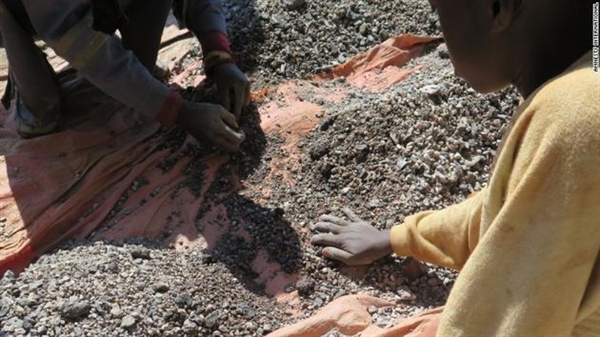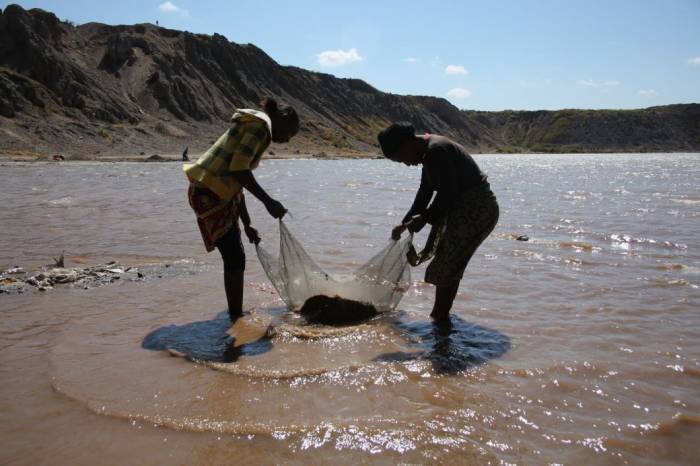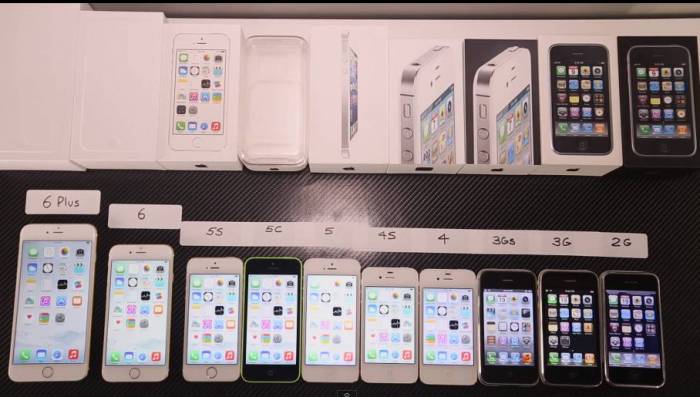
source
An investigation by Amnesty International and the DRC-based non-government organization Afrewatch linked the biggest technology companies to cobalt mined by child laborers in DRC. The Amnesty International report found that the companies failed to do basic checks to ensure that child labor was not used in their supplies.
Children as young as seven are mining
Amnesty International’s report, entitled “This is What We Die For: Human Rights Abuses in the Democratic Republic of the Congo Power the Global Trade in Cobalt,” follows the cobalt used in lithium-ion batteries. Devices like smartphones and laptops rely on these batteries, and the DRC supplies over half of the world’s cobalt. According to Amnesty, children as young as seven as working in these mines. UNICEF estimates that there are about 40,000 children working in mines in southern DRC. Workers are at risk for health issues and fatal accidents; the organization also claims that at least 80 miners working in southern DRC from September 2014 to December 2015 died underground.

The children shared their stories
Both organizations interviewed children working in the mines. They discovered young children working for 10-24 hours straight. The children shared that they were exposed to illness, physical abuse, and financial exploitation. A 15-year-old named Dany said:
“There is lots of dust, it is very easy to catch colds, and we hurt all over.” 13-year-old Loïc noted that the children were often cheated out of money: “…some of the [merchants] did not have scales and just estimated the weight and were not fair…they paid us less than they paid the adults.”
The research found that the children earned between $1 and $2 a day; and most of the time, their wages were used for food or school. And 14-year-old orphan Paul said he began mining when he was just 12:
“I would spend 24 hours down in the tunnels. I arrived in the morning and would leave the following morning … I had to relieve myself down in the tunnels … My foster mother planned to send me to school, but my foster father was against it, he exploited me by making me work in the mine.”

From raw materials to finished products
Amnesty’s report followed the cobalt from the mines all the way to the finished products. Traders buy the cobalt, sell it to Congo Dongfang Mining, which is a subsidiary of Chinese mineral company Zhejiang Huayou Cobalt Ltd. Huayou Cobalt and Congo Dongfang Mining process the cobalt and then sell it to three battery component manufacturers in China and South Korea. Those manufacturers then sell it to battery makers, who then supply the batteries to big companies like Apple, Microsoft, Samsung, and Sony.
“The glamorous shop displays and marketing of state of the art technologies are a stark contrast to the children carrying bags of rocks, and miners in narrow, manmade tunnels risking permanent lung damage,” Mark Dummett, the business and human rights researcher at Amnesty International, said.
“Millions of people enjoy the benefits of new technologies but rarely ask how they are made. It is high time the big brands took some responsibility for the mining of the raw materials that make their lucrative products.”

The companies’ responses
Microsoft admitted that they were “unable to say with absolute assurance” whether the cobalt used in their products originated from the Katanga province in DRC. Samsung stated that they would look into their supply chains. Apple vehemently denied exploiting child labor and responded:
“Underage labour is never tolerated in our supply chain and we are proud to have led the industry in pioneering new safeguards.”
However, they also said they were “currently evaluating dozens of different materials, including cobalt, in order to identify labor and environmental risks.”

SEE ALSO: These 10 Pictures Will Make You Revolt Against Child Labor.






